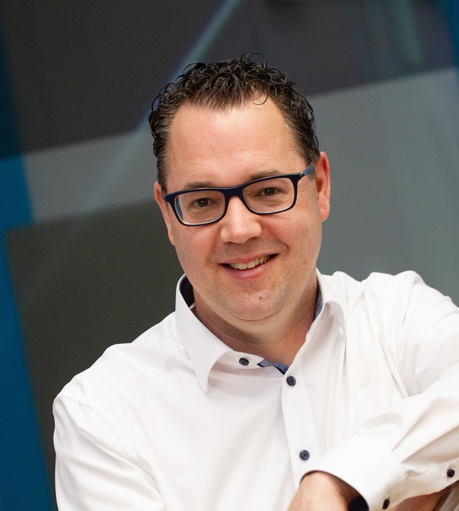
Smart automation
Advanced technologies, including sensors, digital twins and artificial intelligence, are crucial in the food factory of the future. “The market asks food manufacturers to offer diverse portion sizes and product variations, but such a production process requires more steps and also more humans to supervise or perform manual tasks. This dependency on labor is problematic due to labor scarcity. The smart, automated production lines that replace such manual operations must be capable of creating a variety of products in different ways, a challenging requirement to meet,” says Allard Martinet.
“Until now, automated lines have primarily produced the same products in large quantities. However, in the near future, smart production robots must accurately identify, select and process various products—a task that humans find effortless but poses significant challenges for computer algorithms. It is difficult to explain to a robot how to pick up gently different products without squeezing them, or how to select only qualified products with the right freshness.”


